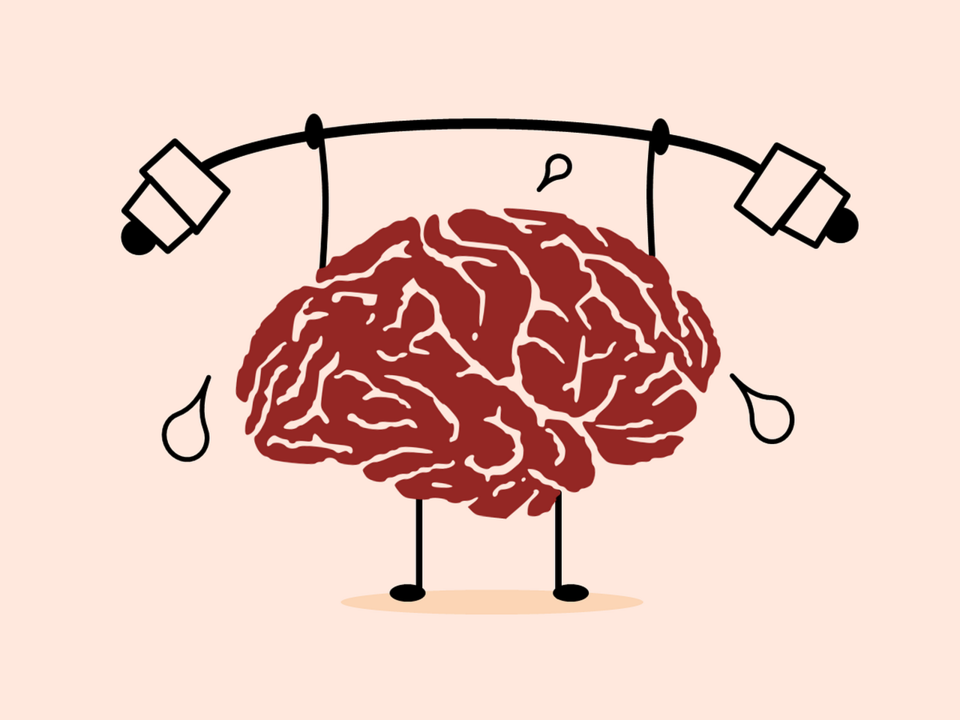
Physical Exercise: Look after your brain, look after your mental health.
We all know exercise is good for our bodies. How good? Well for starters it reduces your risk of heart attack; manages your weight; lowers blood cholesterol; reduces risk of type 2 diabetes and some cancers; lowers blood pressure; strengthens bones, muscles and joints and lowers risk of developing osteoporosis.
There’s more to exercise though than just the physical benefits. Exercise also helps us to feelgood and lift our mood. It has been a long known fact that moving our bodies stimulates the production of the feel-good hormones, endorphins, which in turn have a placating effect on how demanding/threatening we view the world. There are other side effects too. It might simply give us the break we need from our ever busy lives, provide opportunity to get outside and receive some sunshine or be in nature, and even enhance our social connections when experienced with others.
What is now gaining more and more traction is not just that exercise is a short term mood lifter, but it can also be used to maintain and protect our mental health in the long-term, and even be implemented to help treat some mental illnesses. Recent research has suggested exercise may protect against depression, as well as be used in the treatment of major depressive disorder. Furthermore, exercise can be considered a viable option to assist in treating anxiety, and also has potential to treat such illnesses as post-traumatic stress disorder. This is very good news for Australians where our current mental health stats show that almost half the population will experience a mental health disorder at some point in their lifetime, with 1 in 6 people experiencing depression and 1 in 4 people experiencing anxiety.
So what is going on here? Well, exercise is now being shown to have more of an effect on our brain than we initially thought. The hippocampus, a region of the brain involved in emotional regulation, memory, and learning, is directly impacted by exercise. It has been shown that exercise actually leads to the creation of new hippocampal neurons, a process known as neurogenesis.
Neurogenesis, the process of growing new neurons, in other words growing new brain matter, can be stimulated by exercise.
How does this all then play in to looking after our mental health? How do new hippocampal neurons specifically play a role in protecting against or treating mental illness? Well, it is now thought that these new hippocampal neurons may play a role in storing new memories and subsequently differentiating them from old memories. This in turn allows us greater ability to process new information, make a distinction between the usefulness of old and new memories, and therefore flexibly evaluate and behave in our environment. On the other hand, when mental illness is prevalent we often see individuals repeating unhelpful behaviours with an inability to take on new information or evaluate what they already know. In effect, their brain gets stuck. It becomes inflexible. They are in need of new tools to help them process the world in a different way. What are some of those tools? Hippocampal neurons.
So, if you exercise and keep those hippocampal neurons growing, you’ll contribute to what is known as your cognitive flexibility, a core component to maintaining mental health.
OK, so exercise now has the potential to be really good for us, both physically and mentally. But how much should we be doing? Can you prescribe an exact dose of physical activity for the optimum mental health? Not exactly. Given the complexity of biological, psychological, and social variables of individuals it is not a one size fits all approach. However, there are a few guidelines which might help you on your way.
The World Health Organisation recommends we should do at least 150 minutes of moderate-intensity aerobic exercise throughout the week, or at least 75 minutes of vigorous aerobic physical activity, or an equivalent combination of both. That equates to a minimum of 30 minutes of moderate intensity aerobic exercise across 5 days of the week.
All very well if you’re a keen exerciser and have a routine and life set-up that allows for this, but what do you do if you simply don’t have the time? There’s good news. The latest research shows that a single 10 minute bout of very light physical activity (on par with yoga and tai chi) still elevates activity in the hippocampus; that essential memory formation and storage component of your brain so deeply linked to your mental health.
What next then? Start small. Take a walk around the block when you get home or get off the bus a stop early. Maybe spend ten minutes with the kids in the backyard. Whatever you do, and as long as it’s physical, you’ll be looking after your health in more ways than you realise. Get active and look after your wellbeing in both your mind and body. Oh, and grow your brain at the same time.
Jason Thomas has over 10 years experience working within, alongside, and supporting both private and government sector industries. He currently works as a Psychologist for Human Psychology, an independent psychology firm dedicated to helping people and organisations to think, feel and perform better to realise their potential and enhance wellbeing.
Jason can be contacted at jthomas@humanpsychology.dev2.nucleus.com.au.

No Comments